Research team says deep-ocean seaweed dumping is not an ecological, economical or ethical answer to climate-change mitigation
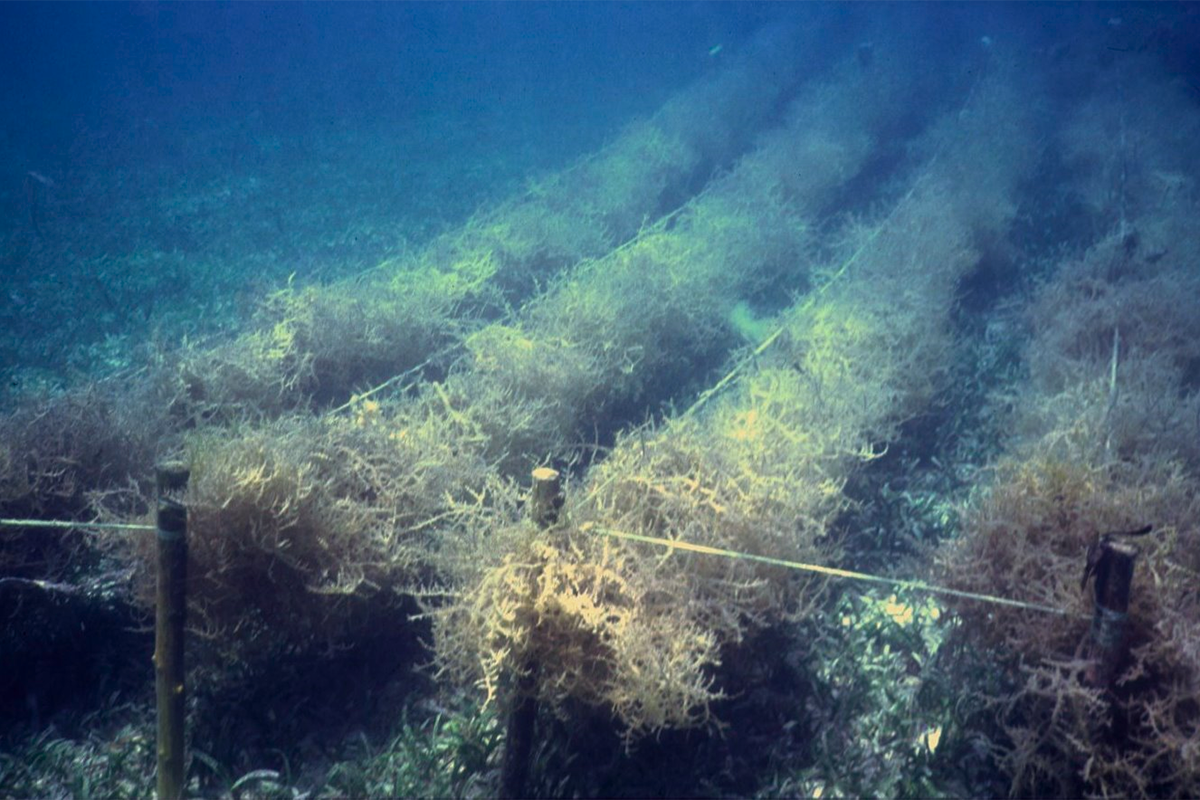
A new commentary article by 20 authors – from several research institutions and private industry in Canada, USA, Norway, Sweden, Spain, New Zealand, Australia, Chile, and Saudi Arabia – recently published in One Earth is calling attention to the proposed practice of dumping seaweed biomass into the deep ocean to help with carbon sequestration, as a “nature-based solution.”
“We are 20 scientists representing 23 institutions from throughout the world. We call for a moratorium on sinking farmed and fished seaweeds to deep-sea ecosystems,” co-author Dr. Barry Costa-Pierce told the Advocate. “We reviewed the misguided notion of significant carbon sequestration by dumping farmed and fished seaweeds to the deep sea, calling this a dangerous fallacy that amounted to ‘blue washing.’ There is insufficient knowledge on the geoengineering impacts to be used to sink millions (or more) of tons of seaweeds to the deep sea, and the impacts to the functionality of fragile, little known deep-sea ecosystems, their biodiversity and the ecosystem services they provide.”
Costa-Pierce also points to multiple legal challenges at many jurisdictional levels by the ocean dumping of farmed and fished seaweeds. In short, he stated that the large investments and surrounding “hype” in sinking seaweeds to the deep sea as a “quick fix” climate solution is “not based on sound science and presents an unacceptable risk to the future of more rational, effective policy actions that would ensure the sustainable growth of the seaweed aquaculture industry.”
“Seaweeds are treasures, not trash,” said Costa-Pierce.
Seaweed aquaculture for carbon sequestration and offsets has captured the attention of investors worldwide. One industry report identified more than U.S. $375 million in equity investments in seaweed projects over the past three years. These figures likely underestimate total investments, as complete information was not available on many companies listed. The report mentioned one company earning $15 million for carbon credits investment for seaweed dumping.
Radical suggestions to expand seaweed farming into the ocean to occupy about 48 million square km underestimate the nutrient requirements necessary to avoid biomass growth limitations as well as societal acceptability for such expansions. It is estimated that harvesting one gigaton per year of seaweed carbon would require farming over one million square km of the most productive exclusive economic zones (EEZ) located in the equatorial Pacific region.
Ocean acidification isn’t just a carbon story – it’s also about nitrogen
The likelihood that dumping seaweeds into the deep ocean will result in significant, large-scale permanent carbon sequestration at sufficient time scales is highly questionable. It is also likely to cause negative environmental impacts, possibly with the exception in small areas of the ocean where sinking seaweed biomass could be permanently sequestered, if the technology were available to sink deep enough into the areas of permanent hypoxia (low oxygen levels).
The uncertainties related to efficiency and environmental sustainability are numerous, including insufficient knowledge of the fate of seaweed biomass during different phases of sinking, the ecological impacts and understanding net-carbon sequestration from a life-cycle perspective.
“In the paper, we argue that deep-ocean seaweed dumping is not a biological, environmental, economical, societal or ethical answer to climate-change mitigation via carbon ‘sequestration,’” said Dr. Charles Yarish, co-author of the research paper. “It is presently not based on sound science.”
There are significant barriers to address before seaweeds can be included in strong climate change mitigation schemes, including scalability; durability; conflicts with existing ocean users; risk management; standards, policies and legal frameworks; economic frameworks; lack of robustly calculated credits, offsets and incentives; adequacy of approaches to account for carbon sequestration and transformation in these highly dynamic and naturally variable ecosystems; and societal and ethical issues. There is a need to develop new forensic carbon accounting methods for quantifying, monitoring, reporting and verifying legitimate carbon schemes with integrity.
Instead of promoting seaweeds to sink them for profit from trading carbon credits, the authors recommend taking advantage of the ecosystem, bioeconomic and societal services they provide and their multiple roles in transforming value chains, decarbonization and mitigation of excess nutrients, and coastal acidification through both established and yet-to-be-developed profitable, beneficial and ethical applications, all complying with global sustainable development goals. True environmental gains from seaweeds can more likely be achieved by shifting the use (replacement/supplementation) of terrestrial sources of biomasses, dietary shifts in food and feeds and replacing materials with higher carbon footprints.
“Seaweeds are remarkable organisms, with many applications based on their many diverse properties, and providing many ecosystem services,” said Dr. Thierry Chopin, leading author of the commentary article. “They are environmentally, economically, societally and ethically too valuable to be used as low commodity products to dump to the poorly understood deep-ocean ecosystem for hypothetical carbon credits, not necessarily representing true carbon sequestration at geological time scale.”
Now that you've reached the end of the article ...
… please consider supporting GSA’s mission to advance responsible seafood practices through education, advocacy and third-party assurances. The Advocate aims to document the evolution of responsible seafood practices and share the expansive knowledge of our vast network of contributors.
By becoming a Global Seafood Alliance member, you’re ensuring that all of the pre-competitive work we do through member benefits, resources and events can continue. Individual membership costs just $50 a year.
Not a GSA member? Join us.
Author
-

Darryl Jory, Ph.D.
Editor Emeritus
[103,114,111,46,100,111,111,102,97,101,115,108,97,98,111,108,103,64,121,114,111,106,46,108,121,114,114,97,100]
Tagged With
Related Posts
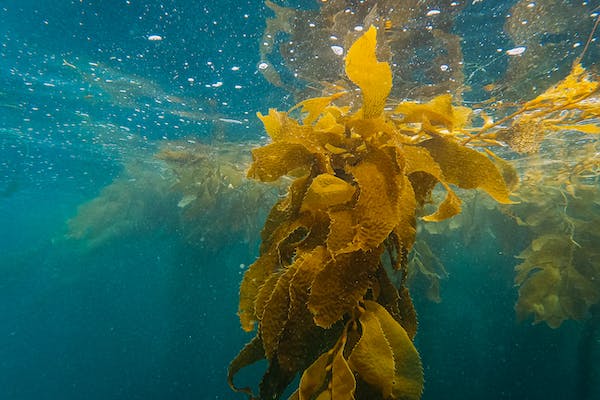
Intelligence
Can tapping into environmental DNA reveal kelp’s carbon sequestration potential?
A new global research project leverages environmental DNA to better measure and understand the carbon sequestration potential of kelp.
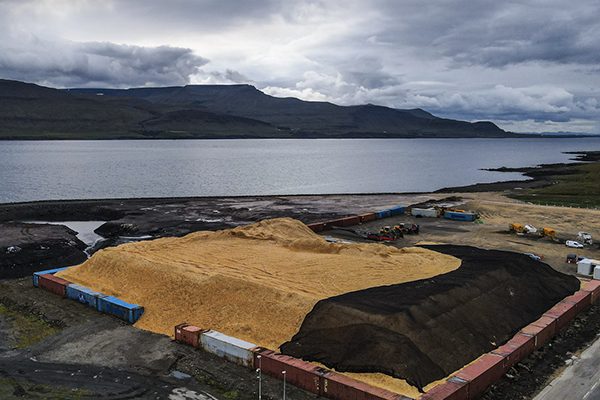
Responsibility
Running Tide completes ‘first ever’ carbon removal credits in the open ocean
U.S. climate start-up Running Tide has delivered the first-ever carbon removal credits from an open ocean project, funded by Shopify.
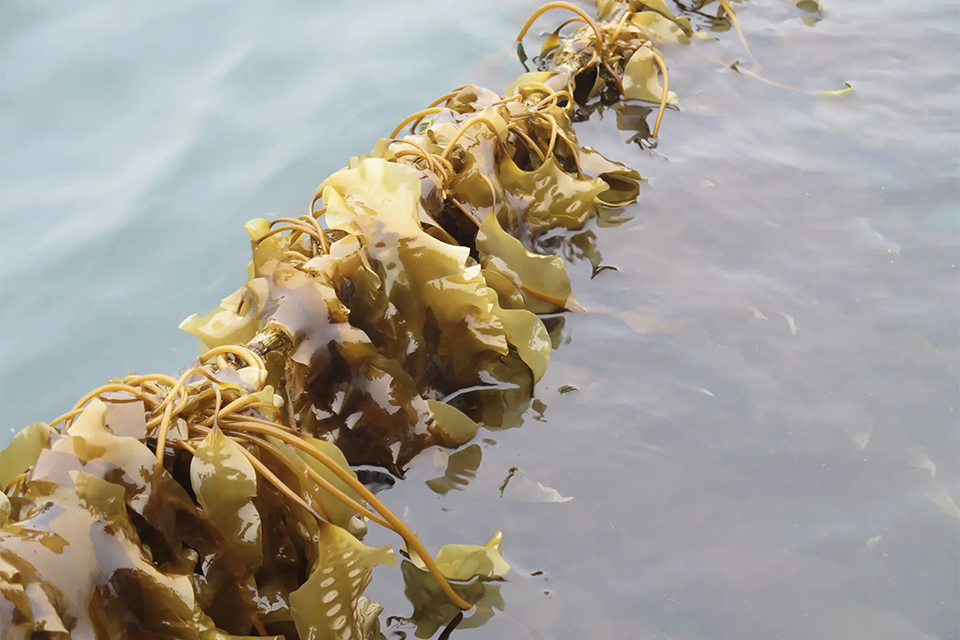
Responsibility
Can kelp farming fix the planet? Experts weigh in on promises and pitfalls
How can kelp farming help solve global challenges? A panel of seaweed experts discussed promises, pitfalls and knowledge gaps.
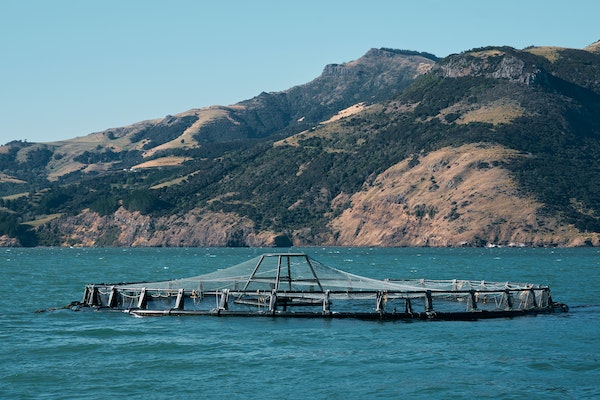
Innovation & Investment
Diversifying aquaculture production ‘critical’ to tackle global food security and biodiversity risks, warns Planet Tracker
New research reveals aquaculture industry will fail to meet consumer demands by 2050 and presents food security and biodiversity risks.


